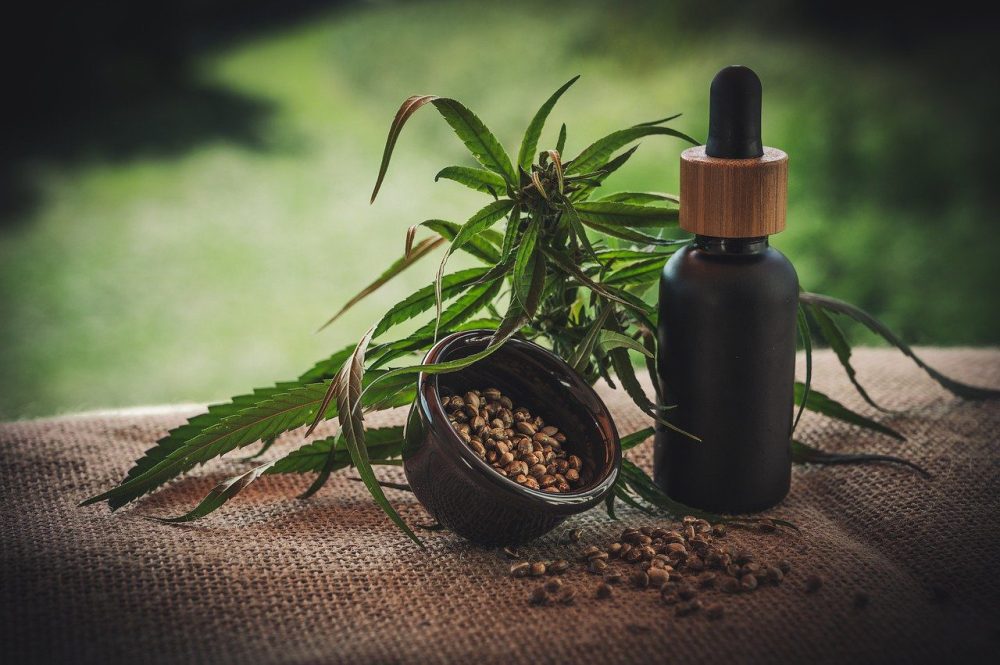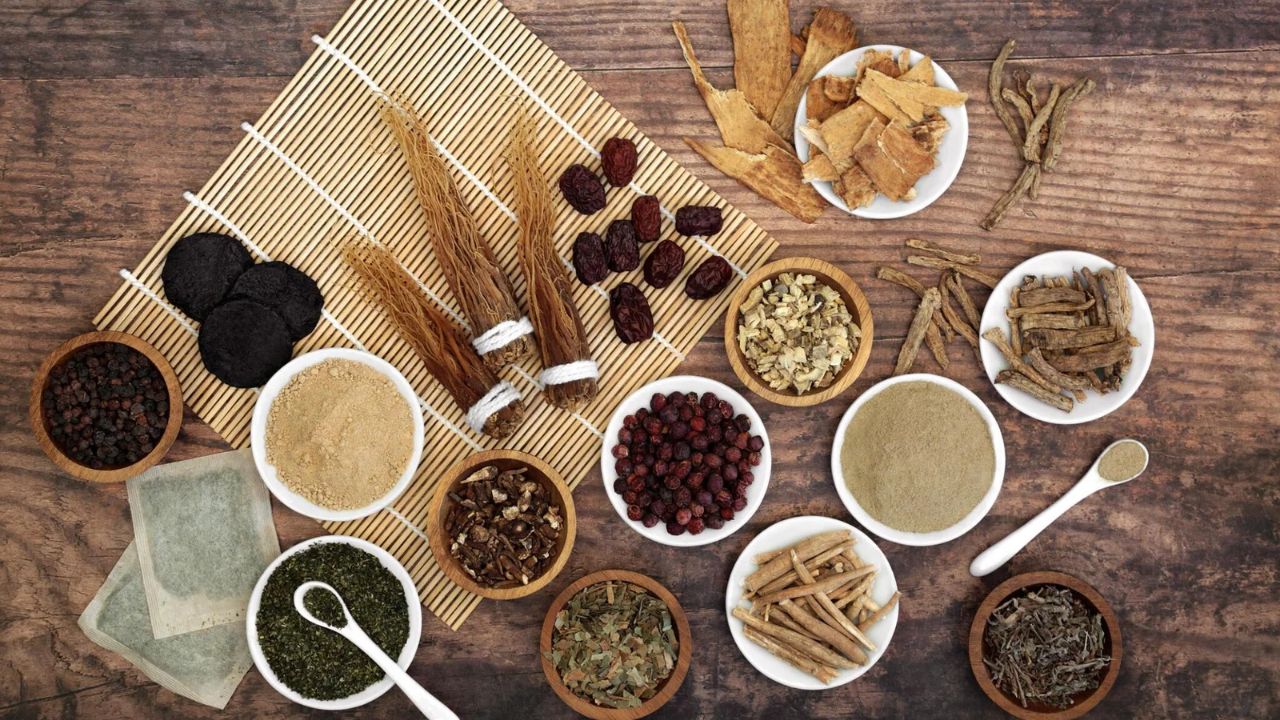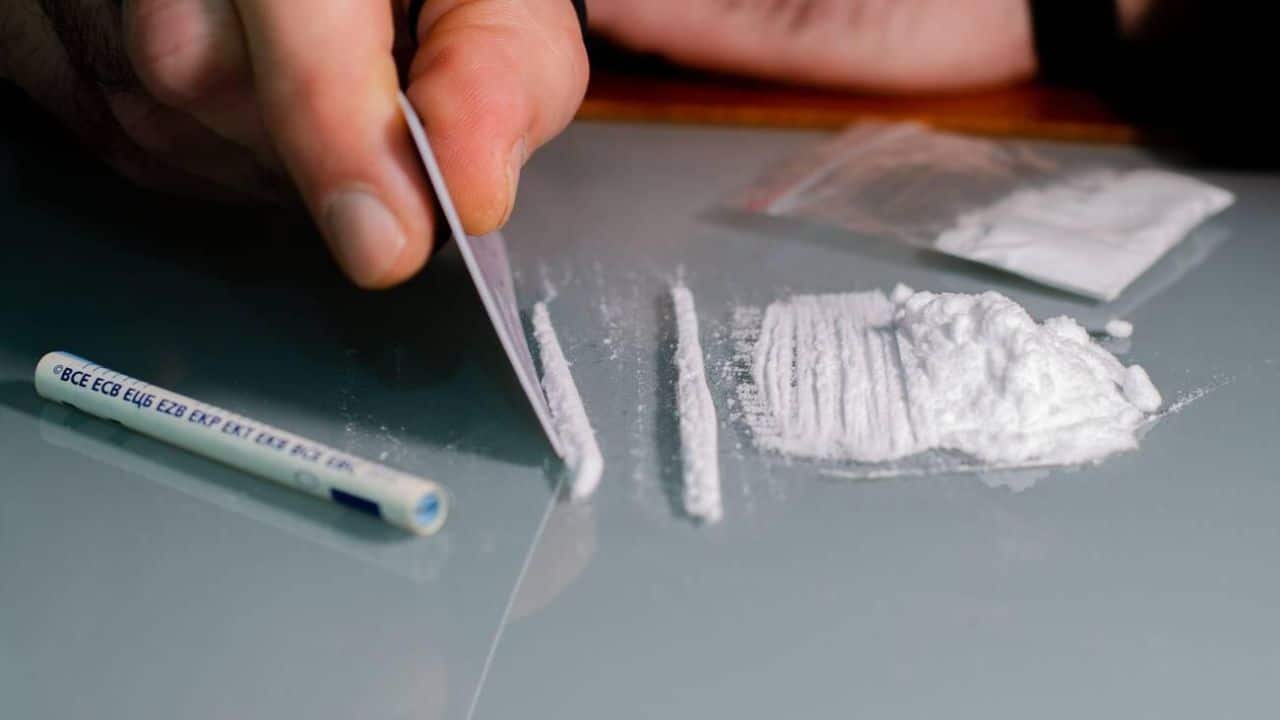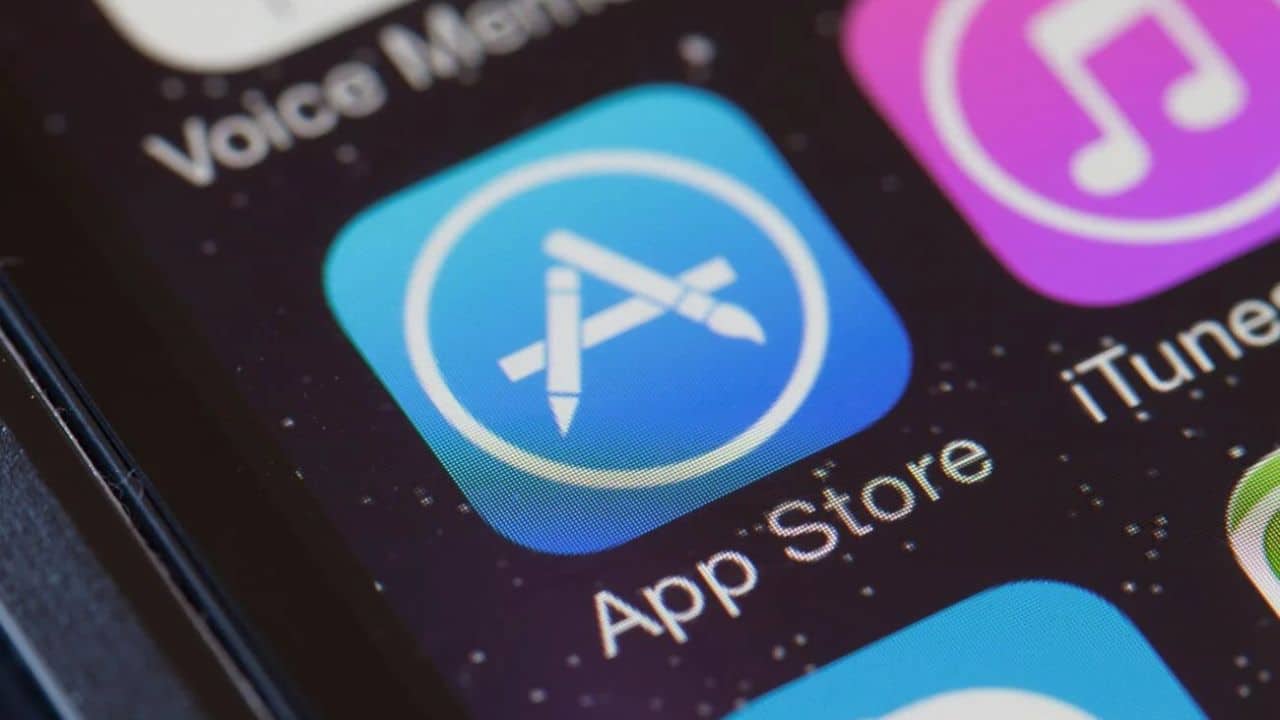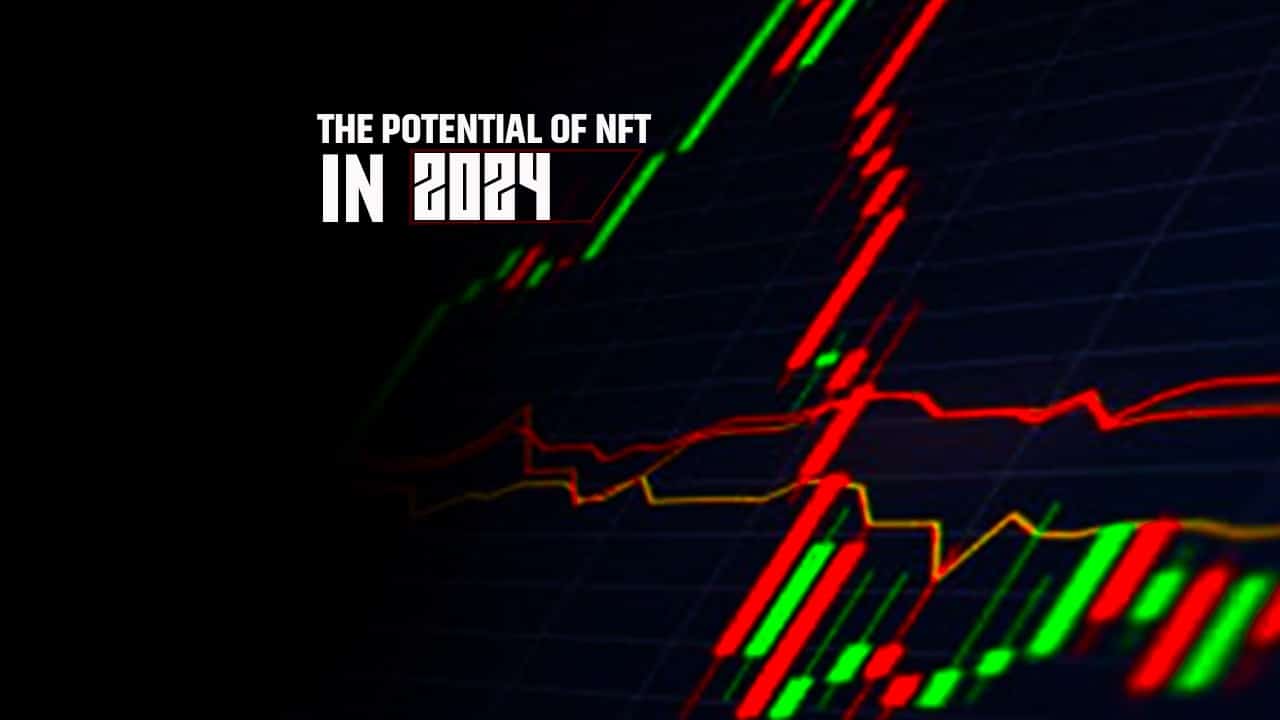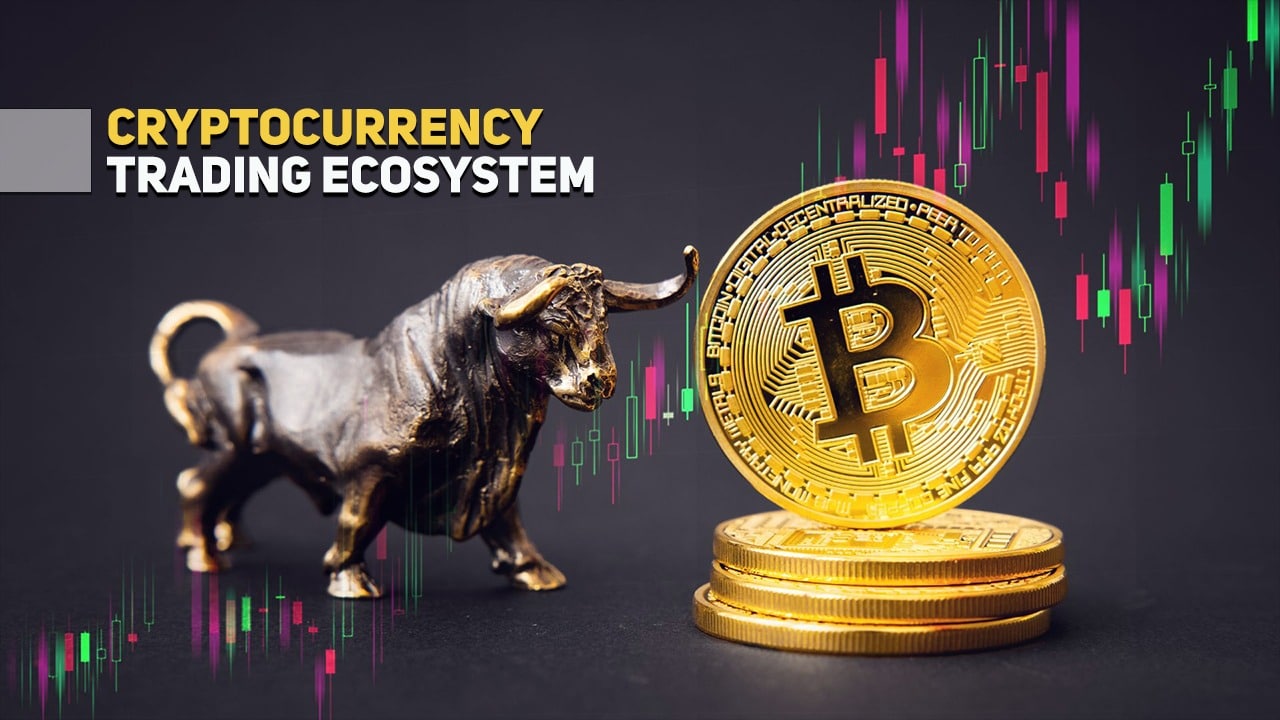CBD products have taken the modern world by storm over the past few years. Now, you can find soothing CBD balms, tinctures, and even pet-safe products at your favorite shops. But as CBD popularity has ballooned, the circulating misconceptions about its use and safety have similarly doubled in size. While some easily debunkable stereotypes stick out like sore thumbs, others pried a wedge between CBD and those who would benefit most from it.
Are you ready to myth bust? Here are seven CBD misconceptions worth exposing.
It gets you high
CBD is a non-psychoactive cannabinoid found in cannabis plants, not to be confused with its psychoactive sister, THC. On its own, CBD does not produce the well-popularized “high” associated with herbs. However, CBD products that contain traces of THC can result in similar sensations. Full-spectrum CBD oils or tinctures are known to have higher levels of THC, so be sure to check the label of all products before purchasing.
It’s illegal in the United States
Older generations commonly mistake CBD as a controlled substance, and understandably so. It wasn’t until 2018 that a federal law legalized what is known as Industrial Hemp. Industrial hemp contains less than %0.3 THC by weight and can be used to extract oil like CBD. Although CBD products are federally legal in the U.S., each state has its regulations that dictate allowable THC levels in each item.
All CBD is the same
The expansion of CBD products in the market has produced a wide variety of items varying in potency, strain, and consumption method. CBD gummies are perfect for those who want a slow-release dose of CBD. Athletes commonly use topical ointments and salves to soothe overworked muscles.
You can even dab CBD for an instant and potent experience. With the use of a durable dab rig, butane torch, and nail, CBD wax concentrates are heated until vaporized and then inhaled. If you’d like to dip your toes into CBD dabs, start by stocking your smoker’s kit with all the essentials, i.e., a mini dab rig, offered through retailers like MJ Arsenal (https://mjarsenal.com/).
The FDA doesn’t regulate CBD
The variance in state regulation of CBD has caused many to believe it isn’t safe to consume. On the contrary, the FDA has taken particular notice of CBD products for years and has set specific guidelines on production, labeling, and distribution. CBD is by no means the new snake oil, but savvy consumers should always research products before purchasing them.
CBD doesn’t work
The potency and results of CBD vary with consumption method and product type. When someone claims CBD produced no effect, they are likely using an inadequate dosage to suit their body. For example, placing a few drops of CBD tincture under the tongue allows the cannabinoids to enter the bloodstream quicker than ingesting a gummy. Experiment with various methods and products to find the right fit for you.
It is addictive
Skeptics claim CBD has addictive properties that lead to a dangerous dependency. Rest assured CBD does not encourage substance abuse, and several health institutions like The World Health Organization have verified its safety. In fact, CBD is often used by recovering addicts to curb cravings for tobacco and alcohol.
CBD turns into THC in the stomach
One of the more outrageous myths is that hydrochloric acid found in the stomach can convert CBD into THC. The misconceptions stem from a bizarre study in 2016 that has since been proved fraudulent. Since then, several studies have confirmed CBD does not react with the gastric system, even in high doses.
Final Thoughts
The growth of CBD will inevitably lead to more convoluted stereotypes and flawed myths. Be your own advocate when considering new products, and engage in myth-busting during conversations about CBD. You never know when exposing a superstition might encourage others to view CBD in a new light.

